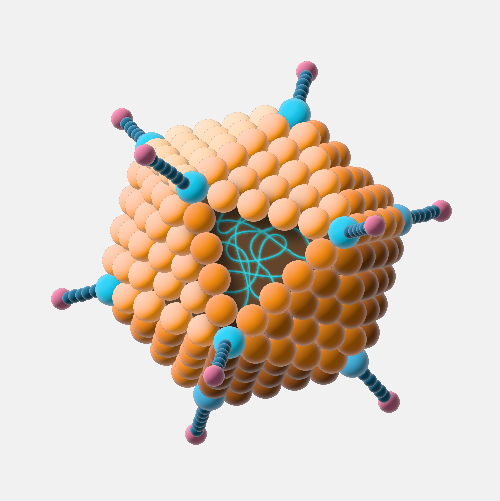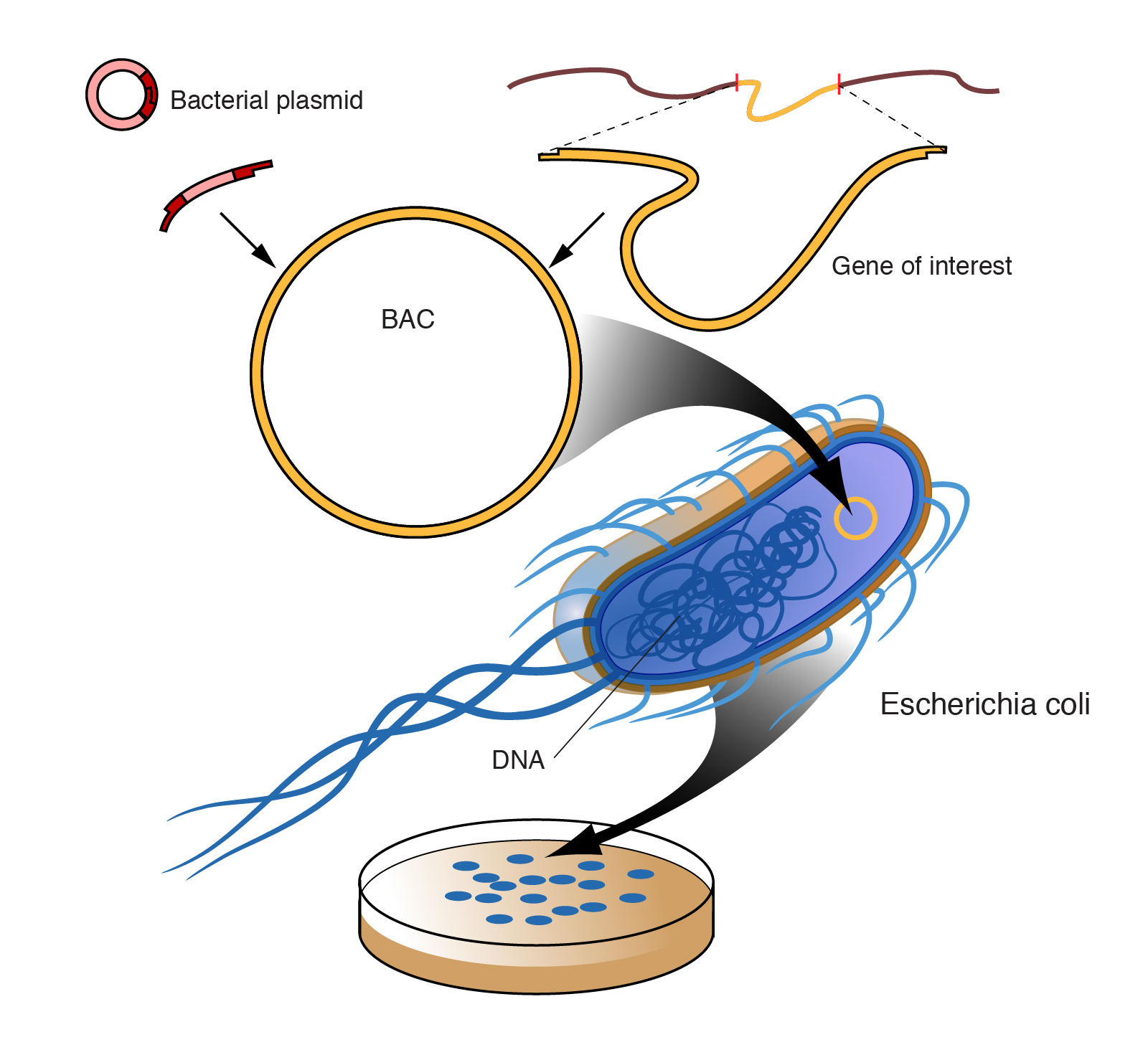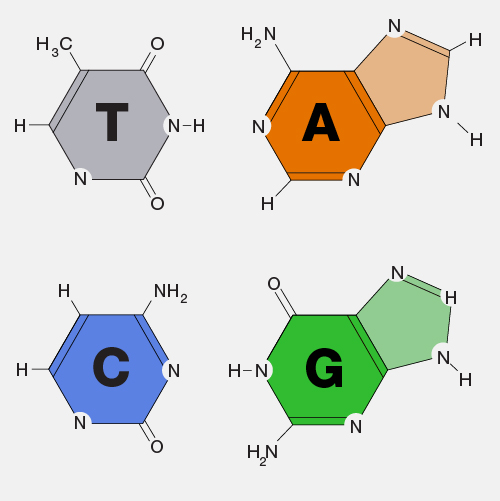Bacteria
Definition
Bacteria are small single-celled organisms. Bacteria are found almost everywhere on Earth and are vital to the planet's ecosystems. Some species can live under extreme conditions of temperature and pressure. The human body is full of bacteria, and in fact is estimated to contain more bacterial cells than human cells. Most bacteria in the body are harmless, and some are even helpful. A relatively small number of species cause disease.

Narration
Bacteria are microorganisms that come in various shapes. They can be spheres, they can be rods, or they can be spirals. There are bacteria that are bad, that we call pathogenic, and they will cause diseases, but there's also good bacteria. As an example, in our digestive system, in the gut, we have bacteria that are very necessary to help our bodies function in a normal way. What's interesting about bacteria is that in our bodies we have 10 times more bacterial cells than we have human cells. Bacteria are also important in biotechnology. They are also important in that they, again, will help the body maintain itself in a healthy manner.




